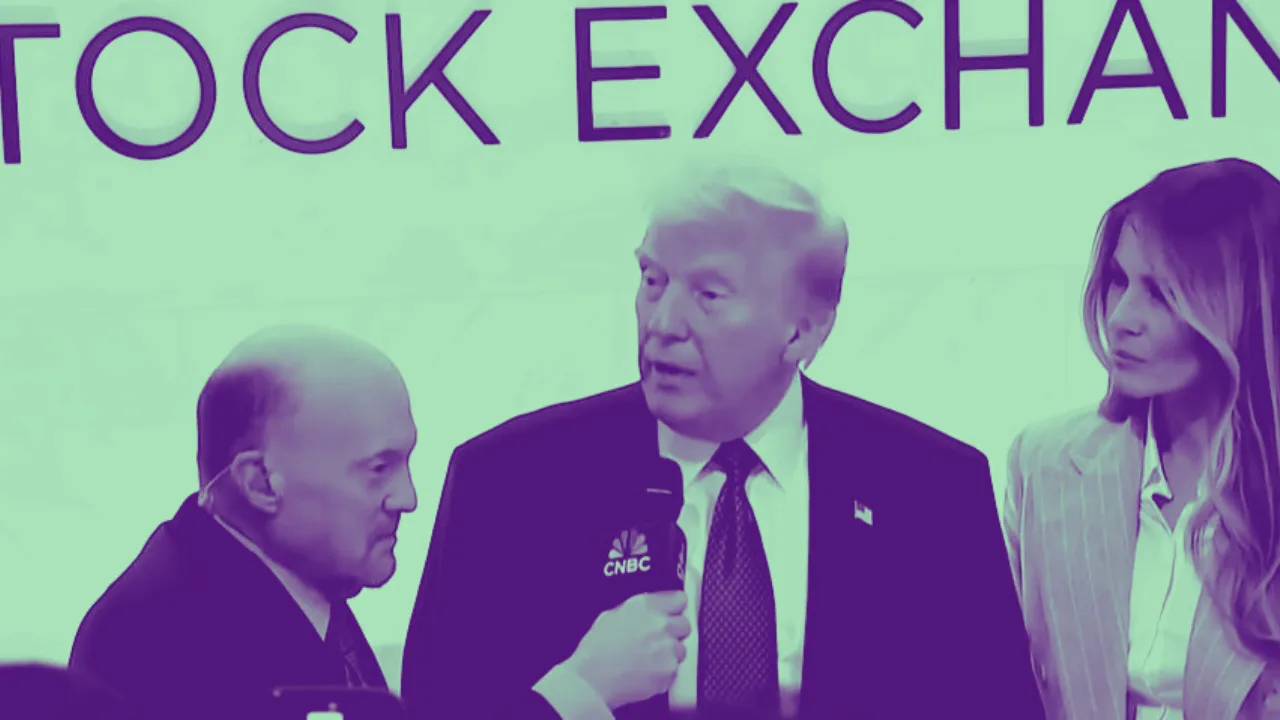In the ever-evolving world of artificial intelligence, two names stand at the forefront: OpenAI and Elon Musk. But what was once a pioneering partnership has devolved into a billion-dollar courtroom battle that could send shockwaves through the tech sector. It was reported on April 9, 2025, OpenAI filed a countersuit against Elon Musk, accusing him of a campaign of harassment and interference designed to disrupt the organization’s business and derail a $40 billion funding round.
What makes this legal feud different is its potential to alter the trajectory of one of the most important technological revolutions in modern history. For everyday American investors, this isn’t just Silicon Valley gossip. The outcome could impact the valuations of Microsoft, Tesla, and dozens of AI-driven startups.
How Did We Get Here?
OpenAI was co-founded in 2015 by a group of high-profile technologists and entrepreneurs, including Elon Musk, with the goal of ensuring artificial general intelligence (AGI) benefits all of humanity. Initially structured as a nonprofit, OpenAI was meant to serve as a safeguard against unregulated, profit-driven development of AI.
Musk departed the company in 2018, citing conflicts over direction and leadership. Around that same time, OpenAI made a pivotal decision to shift toward a “capped-profit” model in order to raise capital and remain competitive with tech giants like Google and Amazon.
Tensions simmered for years, but the conflict boiled over in 2024 when Musk filed a lawsuit accusing OpenAI of breaching its founding mission. Though that suit was dropped, it was quickly refiled, this time including Microsoft—OpenAI’s largest strategic partner—as a co-defendant.
The Countersuit: OpenAI’s Claims Against Musk
In a bold response, OpenAI filed a countersuit in April 2025, accusing Musk of launching a coordinated effort to undermine the company. The legal filing alleges that Musk has engaged in a “campaign of harassment” that includes public smear tactics and an alleged sham acquisition offer worth $97.4 billion.
According to court documents, OpenAI believes Musk’s actions were designed to “disrupt operations, discredit leadership, and chill investor confidence.” The timing was particularly damaging, as the company was finalizing a crucial $40 billion funding round led by SoftBank, which could be derailed by legal uncertainty.
“Musk’s conduct has caused reputational and economic harm and created chilling effects among our partners,” OpenAI argued in its filing.
The suit further claims that Musk’s motivations go beyond mission alignment and instead reflect a calculated attempt to reclaim influence in a space now dominated by Microsoft and OpenAI.
The Stakes: What’s Really at Risk?
For OpenAI, this isn’t just a reputational battle—it’s existential. The company is at the center of the AI revolution, with its GPT models integrated across Microsoft’s ecosystem, from Azure cloud services to Office Copilot and GitHub Copilot. A disruption in operations could slow innovation, deter strategic partnerships, and ultimately stall the rollout of revenue-generating products.
A failed $40 billion investment round would also limit OpenAI’s ability to remain competitive against global rivals like Anthropic, Google DeepMind, and emerging Chinese AI firms. For investors, this creates volatility not only in OpenAI-adjacent stocks like Microsoft, but in the broader AI ecosystem.
Musk’s Motivations: Business Disruption or Something More?
Elon Musk claims that his primary concern is OpenAI’s shift from its original mission of transparency and safety to one of closed-source, profit-focused development. He has often criticized the company’s partnership with Microsoft, arguing that it effectively turned a once-open project into a corporate monopoly.
However, OpenAI’s countersuit paints a different picture. It alleges that Musk’s true aim is to destabilize OpenAI while positioning his own ventures—Tesla’s AI program and xAI, the company behind the Grok chatbot—as dominant players in the generative AI race.
Legal experts believe the truth may lie somewhere in between.
“This appears to be part philosophical, part personal, and part strategic,” says Sarah Binder, a tech policy analyst at the Center for Strategic AI. “Elon Musk thrives in disruption. This lawsuit gives him leverage over a key competitor while keeping his name in headlines during a crucial time for his own companies.”
Market Impact: What This Means for Tech Investors
Microsoft (MSFT) is perhaps the most exposed public company in this battle. Its multi-billion-dollar partnership with OpenAI has already transformed its business model, integrating AI into search (Bing), productivity tools (Word, Excel), and cloud infrastructure (Azure).
If OpenAI’s momentum stalls due to legal entanglements or funding shortfalls, Microsoft’s competitive edge in AI could weaken. However, many analysts argue that any dip in MSFT stock could present a buying opportunity if fundamentals remain strong.
Tesla (TSLA) shareholders should also take note. Musk’s growing involvement in legal drama could be a distraction from Tesla’s ongoing efforts in AI-driven autonomous driving and robotics. If investors begin to perceive Musk as overstretched, TSLA shares could face increased volatility.
The Venture Capital Landscape: With OpenAI facing investor uncertainty, capital could start flowing to rival firms like Anthropic, Mistral, Cohere, and even Musk’s own xAI. This redistribution could impact startup valuations, IPO timelines, and acquisition strategies.
AI ETFs and Index Funds: Funds heavily weighted toward companies with AI exposure could see performance swings depending on how this legal saga unfolds. Monitoring portfolio composition becomes more critical for passive investors.
Investor Takeaways: What Should Everyday Investors Do?
- Diversify AI Exposure: Avoid overcommitting to a single stock or firm, especially in such a volatile sector.
- Watch Legal Timelines: The trial is set for March 2026. Expect a steady stream of headlines that could move markets short term.
- Monitor Microsoft Closely: If OpenAI falters, Microsoft may need to shift strategy or increase in-house AI development.
- Track xAI and Tesla AI Progress: If Musk succeeds in damaging OpenAI’s brand, he may gain market share for his own ventures.
- Focus on Fundamentals: AI is a long-term trend. Company fundamentals, not just drama, should guide investment decisions.
Tech Titans Collide — But Innovation Marches On
The OpenAI-Elon Musk legal saga is more than a courtroom clash—it’s a battle for the future of AI. With billions in funding, control of foundational technology, and the direction of innovation on the line, the case promises to shape investor sentiment for months, if not years.
But while tech titans feud, innovation doesn’t stop. Investors who stay focused, informed, and diversified may find that today’s disruption lays the groundwork for tomorrow’s opportunity. AI remains one of the most transformative investment themes of the 21st century. Just be prepared for turbulence—and opportunity—along the way.





